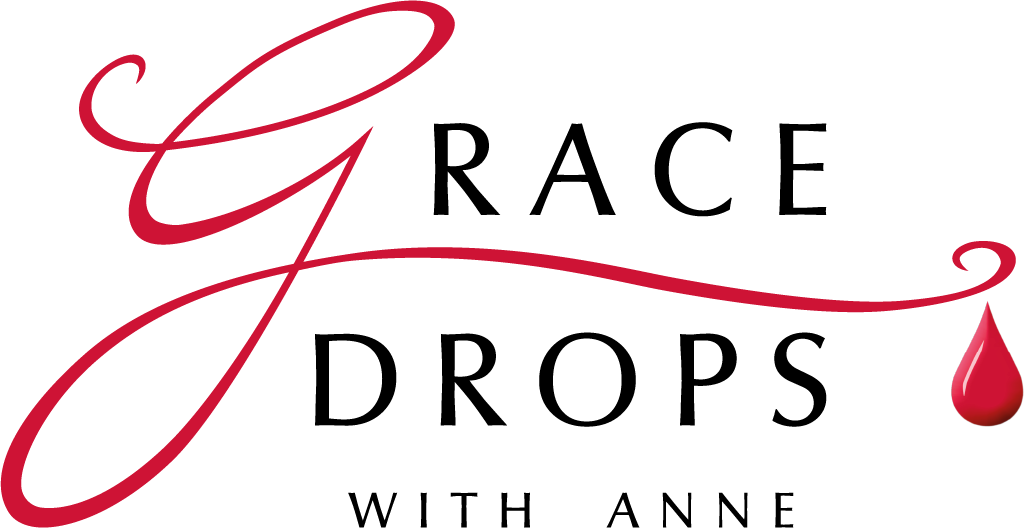Originally a threshold was a door-sill that acted like a bar to hold in the thresh, that is, the trampled grain. It was a barrier on the floor preventing the thresh from being scattered outside. Over time a threshold came to lose its association with grain that had been trodden on, and instead came to mean a limit or a limiting value.
A threshing floor will normally have a threshold. On the other hand however, a threshold is now completely independent of a threshing floor. And I want to be clear that this is the sense in which I’m using it. The thresholds I’m talking about don’t have any relationship to threshing floors.
An impressive example of the dangers of thresholds occurs in the life cycle of a salmon. Now let me assure you, salmon might thrash, but they certainly don’t thresh.
A wild salmon spends its adult life in the ocean but, after several years, it feels a call to return to the breeding grounds in the lake where it was born. The time has come for the salmon to spawn. To do so, it has to cross a threshold from salt water to freshwater, to swim upstream and to leap high over foaming rapids. At these rocky obstacles, predators like bears and birds gather, ready to snatch the salmon as they fall back down the whitewater torrents or as they flash momentarily in the air.
This is perhaps the finest parallel in the natural world to a threshold in the spiritual realm. Just as salmon are called to leap over rocks to give birth to a new generation, so we are called to leap over a divine Rock to give birth to our destiny. Just as the salmon face predators like bears and birds, we face predatory spirits who would like nothing better than to make a meal of us.
The leap of the salmon has, as its spiritual counterpart, a very special Hebrew term: ‘pesach’. From ‘pesach’, we derive the English word paschal, referring to the Passover. The Passover is, according to Henry Clay Trumbull, a nineteenth century writer I’ll be referring to regularly, a seriously misunderstood concept. He explains it refers to leaping over a threshold stone and accepting an invitation of hospitality.
In nature, there are many other threshold concepts that have made their way into Hebrew thinking. Frost—that delicate film of ice that results from water vapour just above freezing point contacting a surface below freezing—is the same word as the covering on the Ark of the Covenant—the mercyseat forming the junction of heaven and earth.
Another significant threshold symbol is reeds—those plants that grow along the margins of land and water. The Hebrew word for reeds rhymes with one of the words for threshold, suggesting that the much-disputed Sea that the people of Israel passed through was not the Red Sea or the Reed Sea but the Threshold Sea.
This is Grace Drops and I’m Anne Hamilton. May God’s wondrous grace leap in your heart today.
Thank you to Lorna Skinner of www.riversofmusic.co.uk for the background music.


Beautiful Anne! I absolutely love your voice!
These posts have definitely expanded my concept of thresholds! Love the salmon example, and the frost comparison with the covering over the Ark of the Covenant. So nice to hear your voice! The background music is perfect! Looking forward to listening to many more of the Grace Drops! 💜
Thank you Anne. I like the analogy of the salmon called to go into fresh water and make the perilous journey ahead.
Dear Anne, I have recently found you and your teachings by Holy Spirit leading. Is there a way to purchase/access the Masterclasses you did April last year on Thresholds? I believe it was with David Tensen of LeaderHeart? Thank you so very much with any help you are able to give 🙏🏻
Hi Rhonda – I think you might be looking for this series: https://davidtensen.com/product-category/teaching/
Hi Anne, I am enjoying listening to these so far (finally sorted them to listen in the car!) Thank you so much!
Also, I was reading Is 22 this morning, and as I reflected again on the names listed there, decided to look up Shebna. Not sure whether you have looked into this, but what I found was fascinating to me – that it appears this was the point when the Israelites moved from commonly speaking Hebraic to Aramaic, and it would appear that it was (to at least some extent) caused by Shebna’s request to the Assyrians. It appears like quite an important threshold to me, (especially given that it would appear his name changed from Shebna to Shebnah at this point!) and I wonder what further impacts it has had? The article is here, if you haven’t already looked into this https://www.abarim-publications.com/Meaning/Shebna.html
It also reminded me of an article a connection on LinkedIn wrote a few months back, about the Hebrew and English languages and how they impact the world at so many levels, which you can find here https://blogs.timesofisrael.com/there-are-two-holy-languages/ It has me wondering how language further connects with thresholds? (Or is it just that language intersects with everything we do?)
Hi Ruth, thanks for that link to Abarim Publications. I often check there when I am stumped and it frequently has a valuable insight to get me back on track. I haven’t looked at Shebna but I will. Have you looked at Isaac Mozeson? His book on the Hebrew origin of languages is fascinating. I don’t agree with all of it but I think it fills in so many gaps.